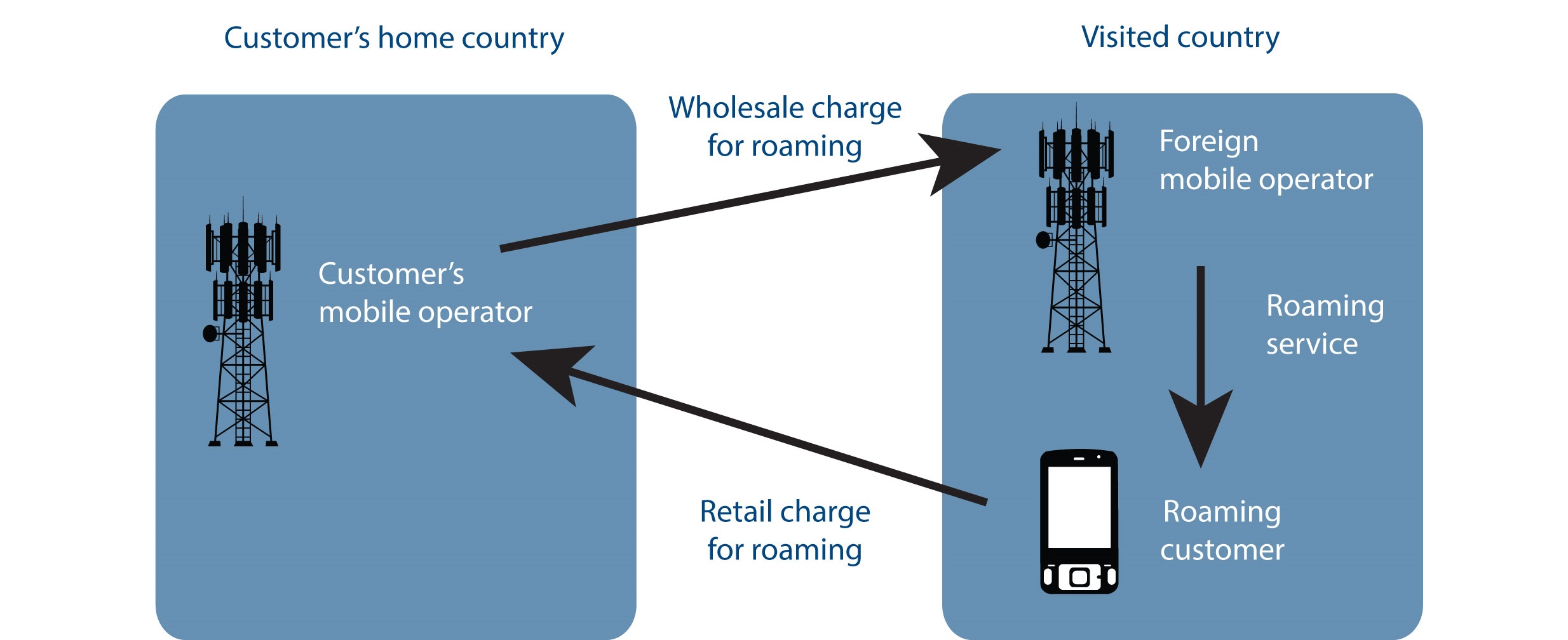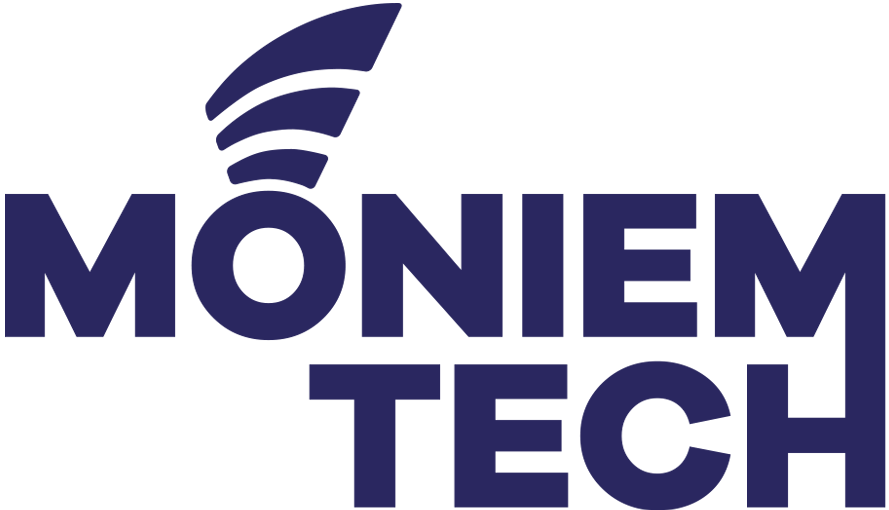When going to the Roaming topic, sometimes you hear words like Wholesale Charge and Retail Charge. So What is the difference between them?
The Wholesale Charge determines how much roaming costs a mobile operator. Here, mobile operators negotiate roaming agreements with their counterparts in other countries. Under these agreements, a mobile operator pays the foreign operator a fee (called the ‘wholesale charge’) when their customer uses that foreign operator’s network to make phone calls, send messages, download films, or browse the internet.

The Retail Charge determines how much a customer pays their mobile phone operator to roam when abroad. Mobile operators usually charge their customers specific fees for roaming (called the ‘retail charge’). The home operator historically set the retail charge at a level that recovered the associated wholesale charge and earned an additional profit margin.
Let’s take an example of calls made while roaming (USD per minute)
- Wholesale cap = 0.21$
- Retail cap = 0.28 $
- Retail/wholesale mark-up = 33%
Note: there are many parties typically involved in roaming including the home network, the visited network and a third network, an international transit carrier, an Internet service provider, a financial clearing house, a data clearing house, the roamer and his or her mobile station, and a second party and his or her mobile station that makes or receives the call, data, SMS to or from the roamer.
The generic sequential process that an international roaming activity follows often entails:
- Origination (including routing to the switch) and network access.
- Signaling and routing between the visited and home networks.
- International transit, and termination.
